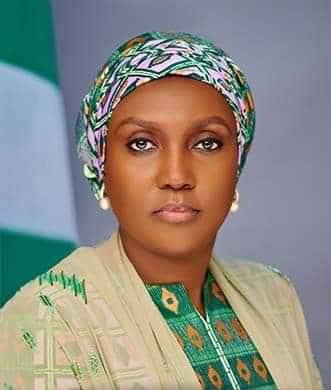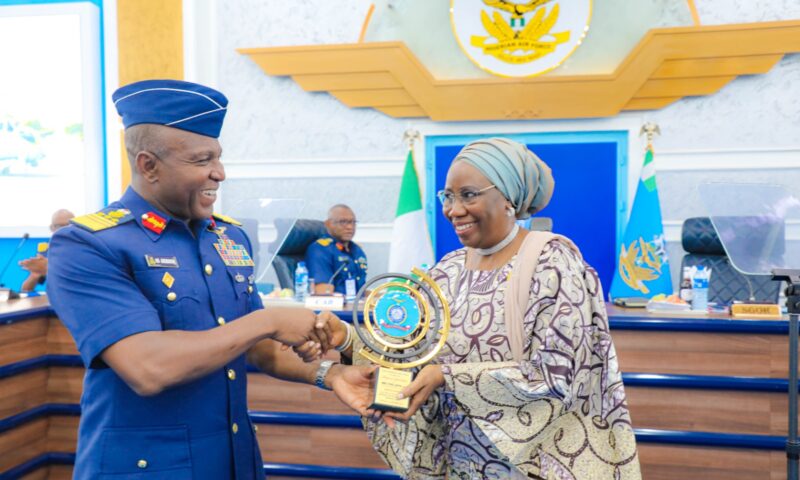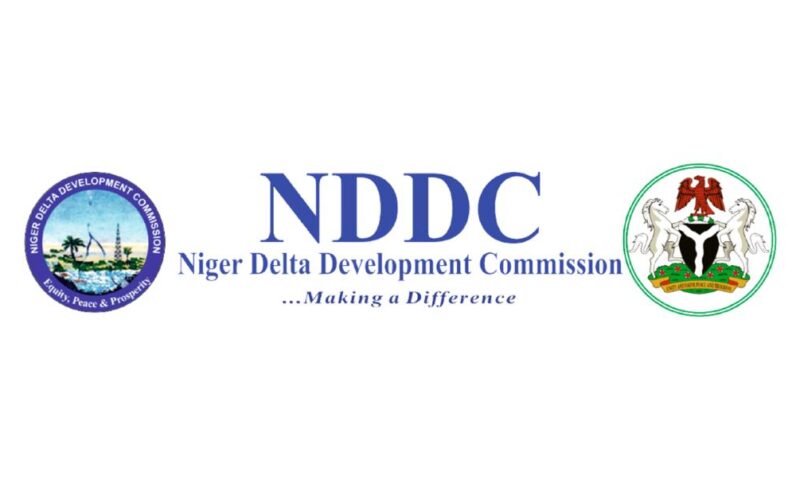Dangote Group Targets $30bn Profit By 2025
Mohammed Shosanya
Dangote Group is targeting revenues that would exceed $30bn by the end of 2025 inspite of the multi barriers the company is experiencing,according to its President,Aliko Dangote.
These barriers include;visas, inconsistent change in government policies, inadequate technical talent, lack of critical infrastructure, foreign exchange crises, inflation, cost of capital and other conflicts of differing dimensions.
Aliko said,the Dangote Group has expanded from Nigeria to 14 countries across the continent, spanning multiple sectors from cement to fertilizers, sugar to oil refineries, petrochemicals, agriculture and more.
He spoke at the just concluded African Renaissance Retreat held in Kigali, Rwanda.
He said:”The good news is that despite these challenges, we have succeeded in building a pan-African Group that employs over 50,000 people and generates revenues that should exceed $30bn by the end of 2025″.
He pointed out that despite significant challenges besetting Africa, its youthful population and abundant resources, including about 30% of the world’s mineral reserves and the largest reserves of gold, cobalt, uranium, platinum, and diamonds, offer opportunities for substantial and inclusive growth.
“Additionally, we have 65% of the world’s arable land and 10% of the planet’s internal renewable freshwater sources. Together these present a myriad of opportunities for robust, inclusive growth that harness our abundant human potential and natural resources to increase prosperity, not just in Africa but across the globe,” he said.
He added that Africa is at a crucial inflection point, with the world’s youngest and fastest-growing population, rapidly expanding cities, and a growing embrace of innovation and new technologies, including Artificial Intelligence.
Dangote noted that he had long contemplated bringing together a group of dedicated African business leaders to address the continent’s challenges, identify concrete solutions, and showcase Africa as a viable investment destination despite its obstacles.
He emphasized that the objective of the retreat was to offer an opportunity for collective action in tackling various issues, including persistent conflicts, energy and food security, supply chain disruptions, the debt crisis, and access to long-term concessional funding for development.
“This small private and high-level gathering to discuss these issues and align on how we will own and shape our narrative for development is long overdue. With the foremost entrepreneurs on the continent, the leaders of the largest pan-African companies, those at the helm of the most important development institutions in Africa, our brothers and sisters leading global institutions, our leading investors, our pre-eminent civil society activists and a few of our most respected political leaders, this first step will be an opportunity to have a frank and honest dialogue amongst ourselves to consolidate what we see as our common ground”, said Dangote.
He added:”We are coming together not just as leaders in our respective institutions but as visionaries and catalysts for transforming our societies. It is our collective responsibility to play our role in transforming our continent. Nobody will do it for us but us – especially us in this room”.
Expressing his hope that the retreat would produce initiatives capable of significantly shaping Africa’s future and benefiting its people, Dangote acknowledged the contributions of President Paul Kagame of Rwanda, former President Olusegun Obasanjo, former President Ellen Johnson Sirleaf, and former Prime Minister Hailemariam Dessalegn. However, he cautioned that it is crucial for the leaders present to move beyond dialogue to decisive implementation and tangible impact.











